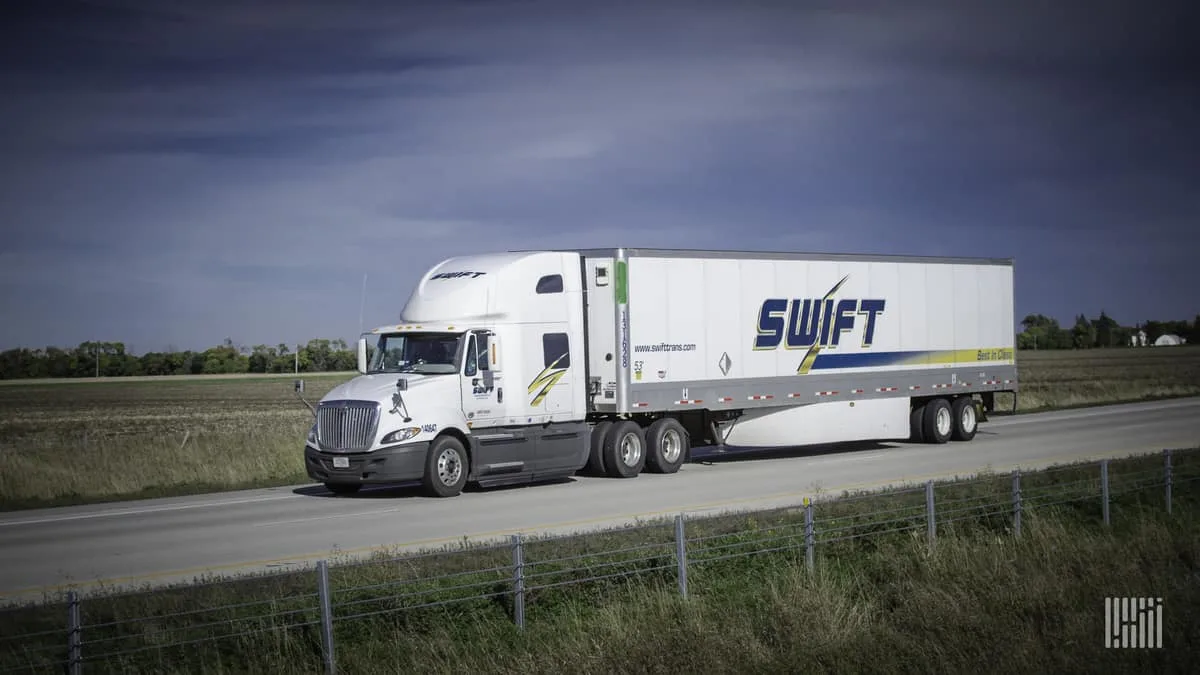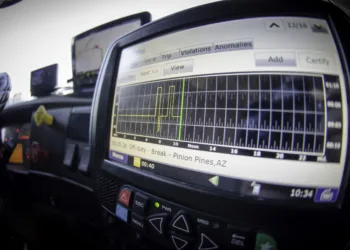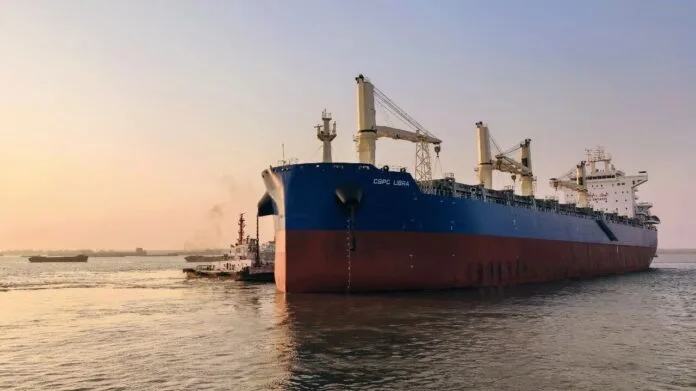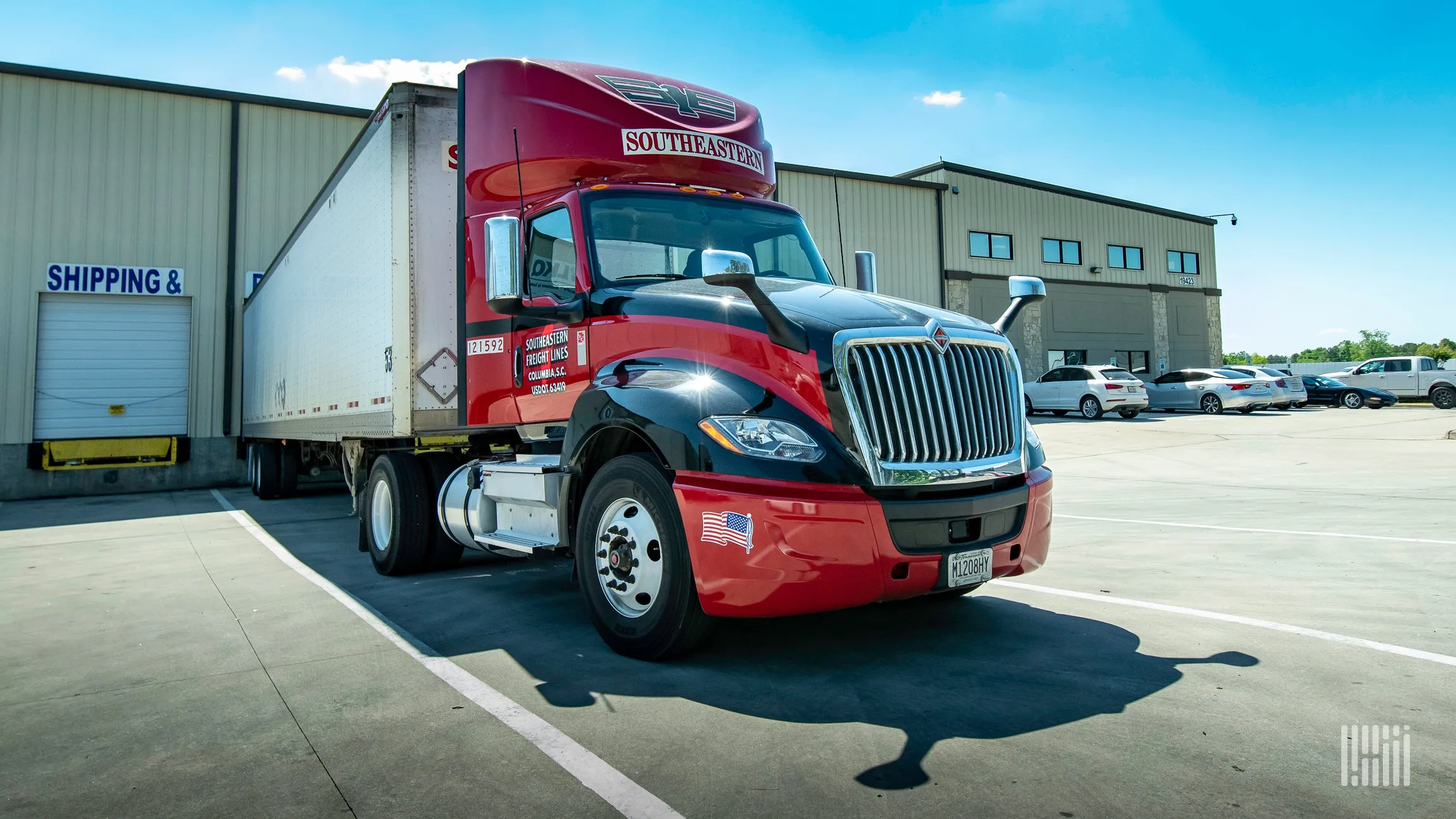Maritime scale-ups developing low-carbon technologies say they are being stalled by the very corporates that claim to need them, a new survey revealed.
A survey of 30 founders revealed that no company scored above 6.5 out of 10 for collaboration, pointing to slow decisions, scarce funding, and few clear routes in.
The findings were published in the Startup Collaboration Index 2025, the first global benchmark of how maritime and energy corporates work with start-ups.
The index is produced by the Venture Acceleration Alliance, a collaboration between Platform Zero, Safetytech Accelerator by Lloyd’s Register, and the Erasmus Centre for Entrepreneurship.
At the top, Wärtsilä, Shell, and DNV lead the ranking of 50 corporates. Other leaders in the top 10 include Kongsberg, Maersk, Siemens Energy, CMA CGM, MOL, Port of Rotterdam, and ABB, while mid-performers score on average a point lower than the leaders. The lowest group trails by two points.
But for most start-ups, the familiar barriers remain. Many corporations have no budgets or teams tasked with working with start-ups, which means good ideas fail before they even start.
When pilots do happen, they are often confined to one business unit or department. Without a coordinated approach, promising trials never scale across the wider organisation.
Startup founders describe projects being approved at the pilot stage, only to be cancelled later by senior management as “too risky”, which leaves start-ups stranded midstream and undermines confidence.
Entrepreneurs also reported lengthy negotiations with corporations that never result in a clear yes or no, draining time and resources and delaying the rollout of new technologies.
Even when collaboration begins, it rarely goes beyond the pilot phase, as few corporates make long-term commitments needed for start-ups to embed and scale their solutions.
“This benchmark is a call to action for corporates to embrace start-up collaboration as a driver of transformation. Working with start-ups is about scaling value for your corporate – this understanding changes the game for everybody,” said Mare Straetmans, founder of Platform Zero.
The index is designed to provide transparency, celebrate those companies leading the way, and highlight where visible gaps remain, with a goal to encourage corporates to commit resources, make faster decisions, and open clearer pathways for start-ups or risk slowing the technologies the industry needs to meet its climate targets.
The full Top 50 ranking is available here.



















